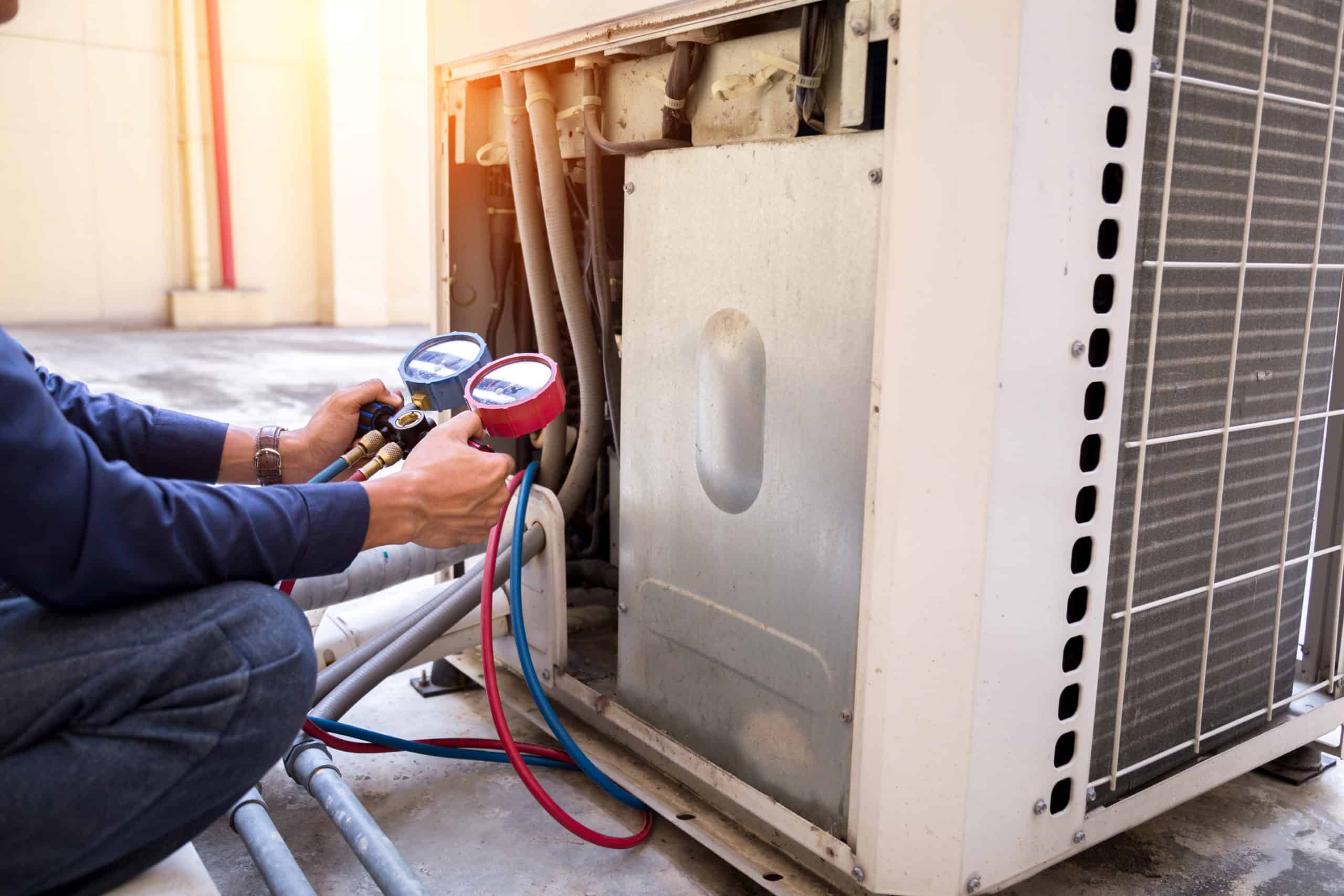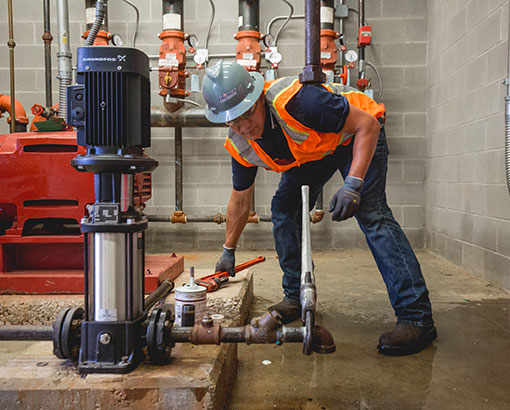Seamless Well Pump Replacement: Restoring Your Supply Of Water with Precision
Seamless Well Pump Replacement: Restoring Your Supply Of Water with Precision
Blog Article
Understanding the Key Elements of Effective Water Filtration Systems

Significance of Water Filtering Solution
Water filtration systems play a vital duty in making certain accessibility to tidy and risk-free drinking water by successfully eliminating impurities and pollutants. These systems are vital in resolving the growing problems over water quality and the prospective wellness risks connected with consuming infected water. By using different filtration systems such as reverse osmosis, activated carbon, and UV sanitation, water filtering systems can effectively eliminate unsafe compounds like bacteria, viruses, hefty metals, and chemicals from the supply of water.
Moreover, water filtering systems aid to enhance the preference and odor of water by removing chlorine, sediments, and various other toxins that can impact its top quality. Pump repairs & installation. This improvement in water top quality not only makes it a lot more palatable however additionally encourages individuals to consume alcohol a sufficient quantity of water daily, advertising better hydration and general wellness
Kinds Of Filtration Components

Physical filters are developed to literally strain out contaminations from the water. These filters can be made from products like ceramic, carbon, or even sand, and they work by capturing particles larger than the filter's pores as water goes through.
Chemical filters use different chemical procedures to eliminate pollutants from the water. Instances include triggered carbon filters, which adsorb contaminations, and reverse osmosis membrane layers, which use stress to separate pollutants from the water.
Organic filters use living organisms like microorganisms or algae to damage down raw material and pollutants in the water. These filters are usually utilized in wastewater therapy plants or all-natural water filtration systems.
Understanding the different kinds of filtration elements is critical for choosing the most ideal water purification system for specific purification needs.
Function of Sediment Filters
Debris filters play a crucial function in water purification systems by effectively catching strong bits put on hold in the water. These filters are commonly the initial line of protection in a filtration system, removing larger bits such as sand, silt, dirt, and rust prior to the water relocates via finer filtering stages. By trapping these sediments, the filters prevent them from getting to downstream parts, hence prolonging the lifespan and efficiency of the entire system.
Overlooking this upkeep can lead to obstructing, lowered water circulation, and compromised filtration efficiency. Overall, sediment filters are crucial parts that contribute significantly to the performance of water filtering systems.
Role of Turned On Carbon Filters
Playing an important duty in water filtration systems, triggered carbon filters contribute in removing pollutants and impurities from the water supply. These filters are developed to adsorb and catch a wide variety of contaminants, consisting of chlorine, unpredictable natural compounds (VOCs), pesticides, and herbicides. The activated carbon material has a big surface, permitting for the efficient trapping of contaminants with a process called adsorption. As water travels through the filter, the turned on carbon brings in and holds onto the impurities, guaranteeing that the water that appears beyond is cleaner and more secure for intake.
Turned on carbon filters are very reliable at enhancing the taste and odor of water by decreasing chemicals see this here that can affect its quality. They are additionally efficient in getting rid of specific heavy metals like lead and mercury. Furthermore, these filters can assist avoid the buildup of bacteria and algae in water, further boosting its general high quality. Due to their versatility and reliability, turned on carbon filters are a vital element in making sure that water is detoxified to the greatest standards before getting to customers.
Comprehending Reverse Osmosis Systems
Reverse osmosis systems are sophisticated water filtration systems that use an innovative procedure to eliminate pollutants and impurities from drinking water. These systems work by using pressure to the water, requiring it via a semi-permeable membrane. This membrane acts as an obstacle, enabling only pure water molecules to go through, while obstructing larger particles such as minerals, chemicals, and various other contaminations. As an outcome, the water that comes out on the various other side is substantially cleaner and safer for intake.
One trick advantage of reverse osmosis systems is their capability to go remove a vast array of pollutants, consisting of hefty steels, dissolved viruses, solids, and microorganisms. This makes them very efficient in boosting the general quality and safety of alcohol consumption water. In addition, reverse osmosis systems are relatively low-maintenance and can be mounted under the sink or in a main filtration system, giving convenient access to tidy water throughout the home. In general, understanding just how reverse osmosis systems work can assist people make educated decisions about their water purification demands.
Verdict
In final thought, efficient water filtration systems are important for guaranteeing clean and risk-free drinking water. The vital elements of these systems consist of debris filters, activated carbon filters, and reverse osmosis systems. By recognizing the feature and duty of each element, people can make educated decisions when choosing a water filtering system. It is essential to focus on the top quality of water in order to advertise general health and wellness and wellness.
Water purification systems play a critical role in guaranteeing accessibility to clean and risk-free alcohol consumption water by efficiently getting rid of pollutants and impurities. By utilizing different filtering systems such as reverse osmosis, activated carbon, and UV sterilization, water purification systems can efficiently remove harmful compounds like germs, viruses, heavy steels, and chemicals from the water supply.
Debris filters play an essential duty in from this source water purification systems by efficiently catching strong fragments suspended in the water (Water Filtration Systems).Playing a vital duty in water filtration systems, triggered carbon filters are crucial in getting rid of impurities and contaminants from the water supply.Reverse osmosis systems are sophisticated water purification systems that use a sophisticated procedure to get rid of contaminants and impurities from drinking water
Report this page